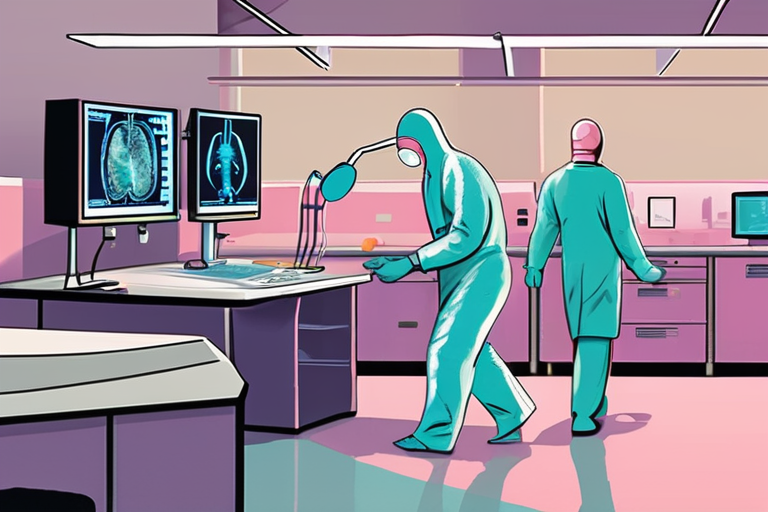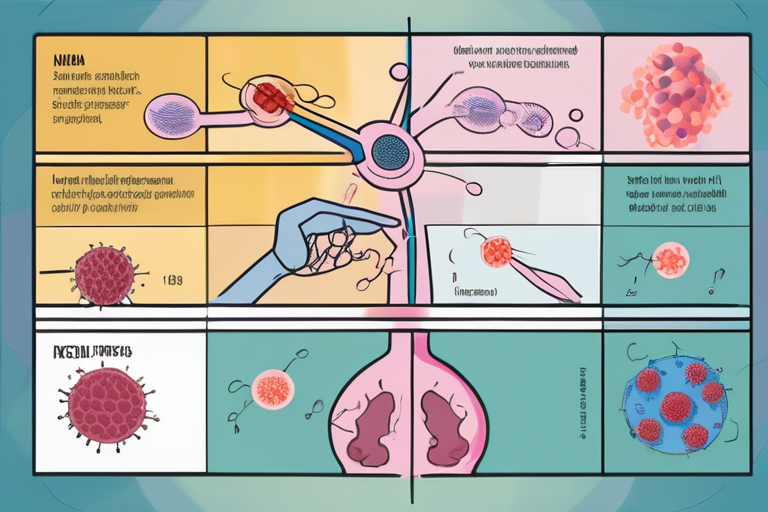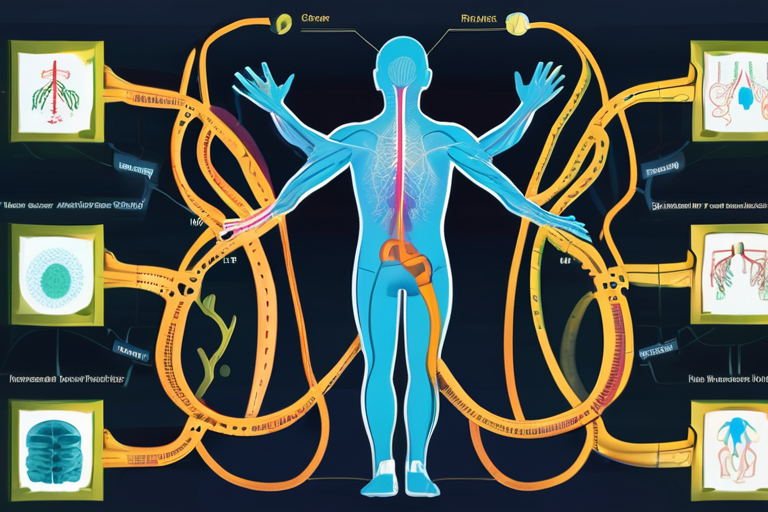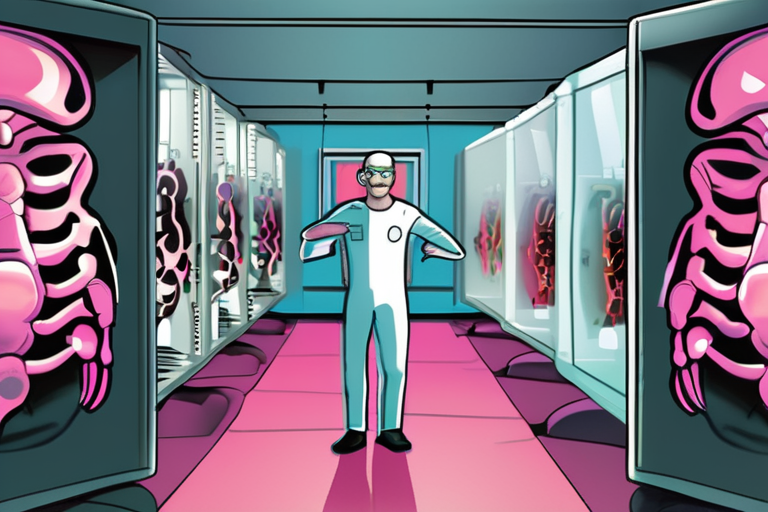Cancer Surgeries May Be Silencing Body's Hidden Ally Against Tumors


Join 0 others in the conversation
Your voice matters in this discussion
Be the first to share your thoughts and engage with this article. Your perspective matters!
Discover articles from our community

 Hoppi
Hoppi

 Hoppi
Hoppi

 Hoppi
Hoppi

 Hoppi
Hoppi

 Hoppi
Hoppi

 Hoppi
Hoppi

mRNA Covid Vaccines Show Unexpected Benefit in Cancer Treatment A groundbreaking study has revealed that mRNA Covid-19 vaccines may have …

Hoppi

Scientists Discover Immune Drug That Could Halt Skin Cancer's Deadly Spread A groundbreaking clinical study has revealed that an immune-activating …

Hoppi

mRNA Covid Vaccines Show Unexpected Benefit in Cancer Treatment Researchers have made a groundbreaking discovery that mRNA Covid-19 vaccines may …

Hoppi

The Unsung Hero of Our Health: The Lymphatic System's Extraordinary Influence For centuries, the lymphatic system remained a mystery to …

Hoppi

Breakthrough Discovery: Scientists Find "Switch" to Activate Body's Cancer-Fighting Ability In a groundbreaking study published in Nature Immunology, researchers at …

Hoppi

Breakthrough Discovery: Scientists Uncover "Switch" to Activate Immune System Against Cancer A team of researchers at Johns Hopkins All Children's …

Hoppi